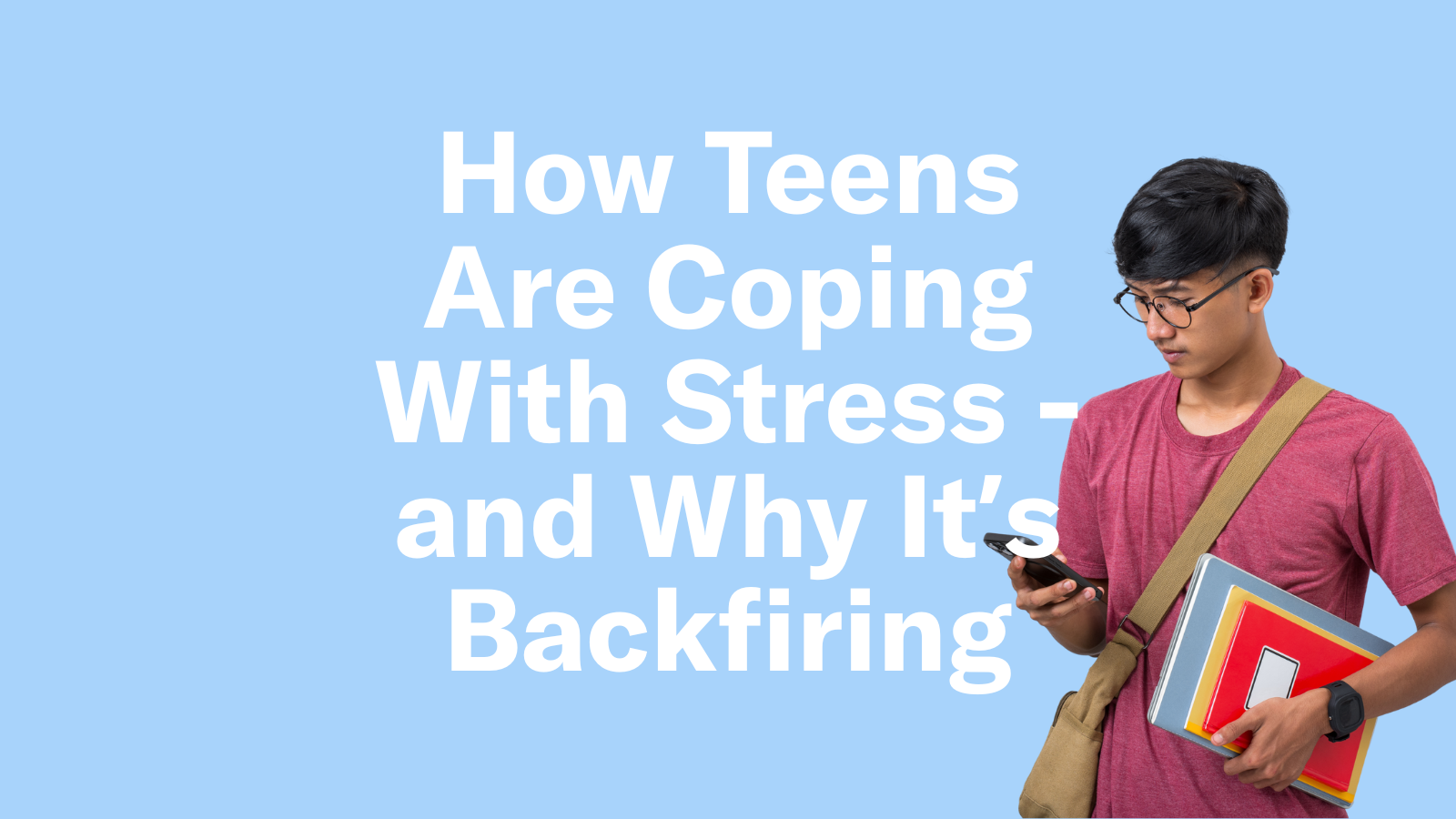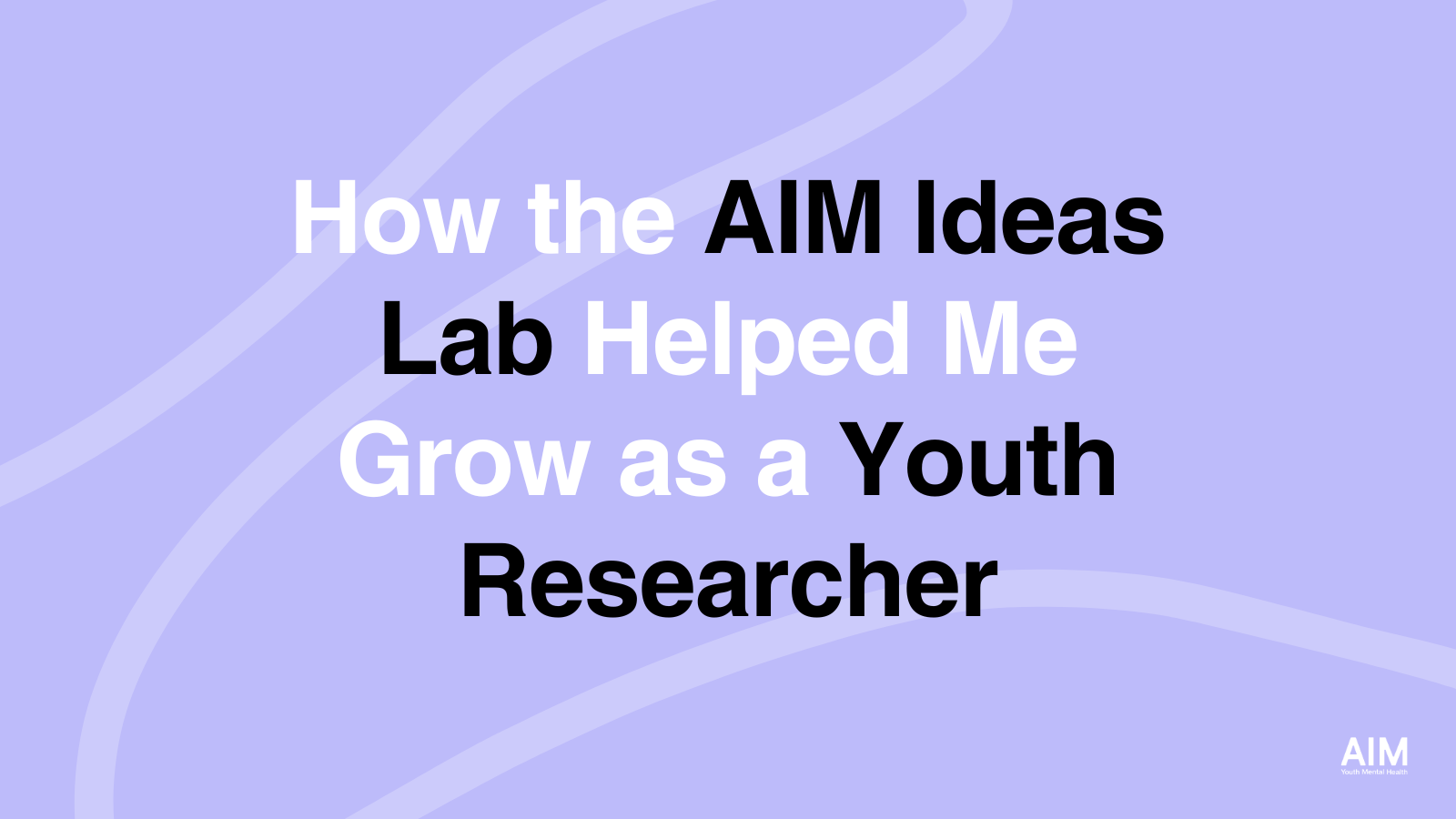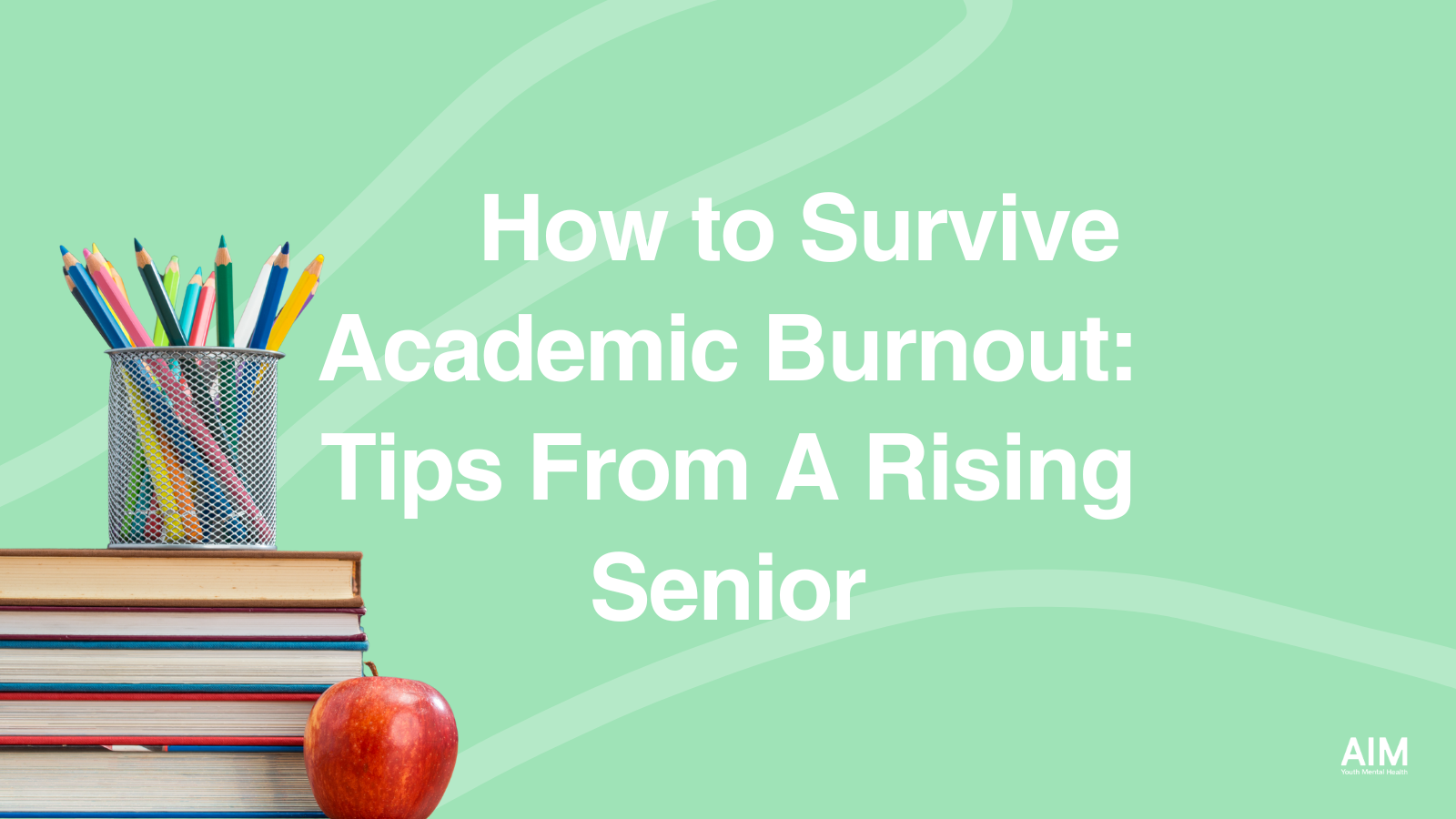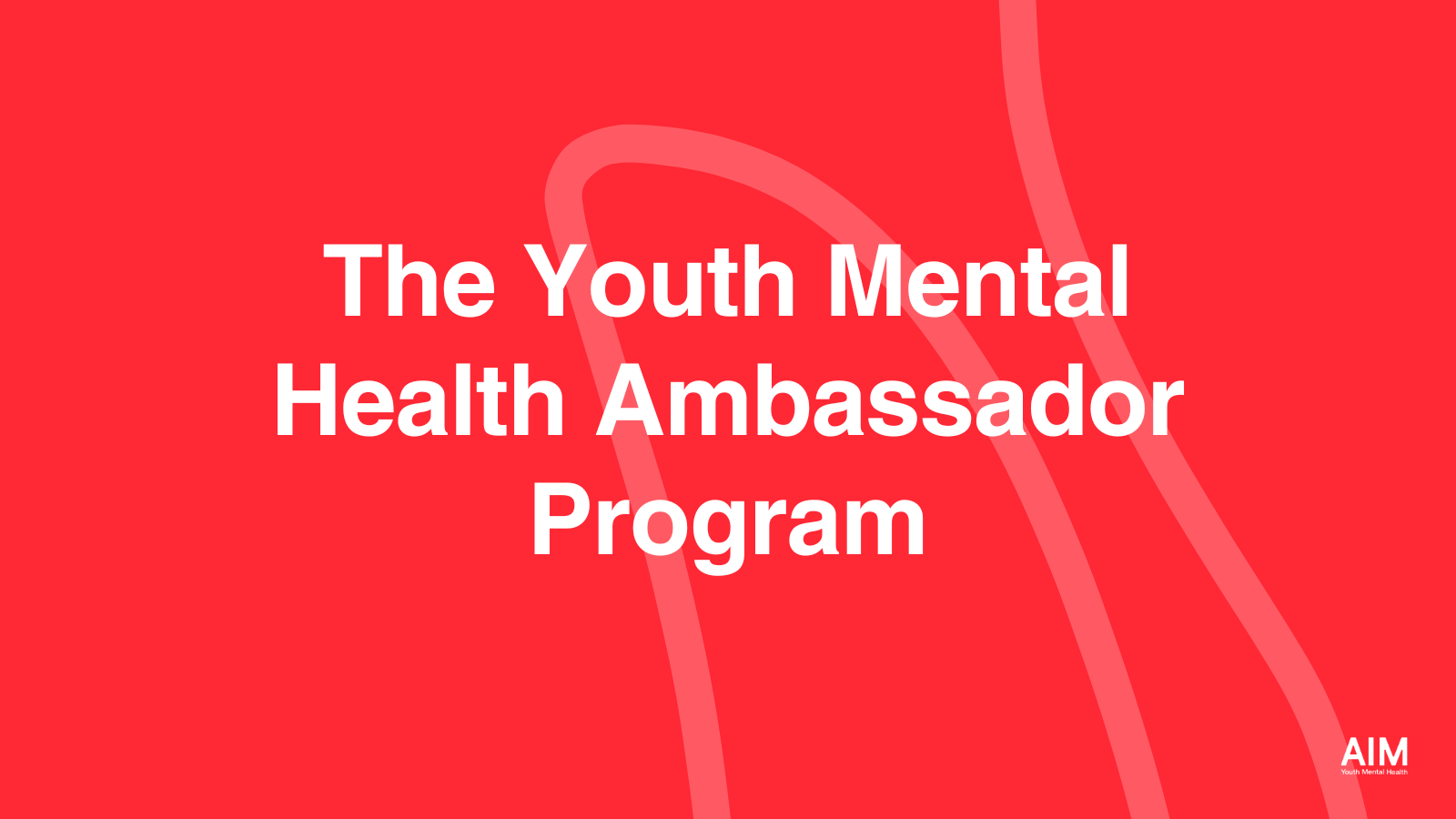As the world battles against the COVID-19 pandemic, an equally alarming epidemic is rising among the youth.
A review conducted by associate professor Sheri Madigan revealed that across the globe, one in four children are experiencing clinically elevated symptoms of depression. Unfortunately, as the pandemic continues, the scientific review has discovered that its mental toll on the youth has only gotten worse.
The COVID-19 pandemic has been a challenging time for everyone, in particular the children and the adolescents who are facing their own personal battles. So before it’s too late, it’s important to understand and support children who are fighting against depression.
Leading Factors That Cause Depression During the Pandemic
Depression is a health condition that causes individuals to feel persistent emotions of sadness and a lack of motivation to fulfill daily tasks. This condition can develop from a wide range of causes, including personal experiences and health factors. A SymptomFind article published this month, describes how one’s level of neurotransmitters, family history of depression, and hormonal changes are all risk factors for depression. Though these factors can increase one’s risk for depression, SymptomFind also notes that depression can develop because of extreme life events like death, financial stressors, and chronic diseases.
A 2021 meta-analysis on the global prevalence of depressive symptoms during the COVID-19 pandemic revealed that family financial difficulties, social isolation, and missed developmental milestones were some of the extreme challenges that the youth had to face during the pandemic.[1] The negative toll of the pandemic compounds as children have reduced contact with their peers, teachers, and coaches who play a significant role in improving their mental well-being. On top of that, the pandemic put a stop to the daily routines of youth, thus limiting their access to activities that bring them joy.
Effects of Mental Illness on Children and Society
Depression can not only affect youth themselves, it also impacts their families and society. Since depression causes persistent feelings of sadness and lack of motivation, it can impact a young individual’s sleep quality, appetite for food, and of course, their physical health. Due to these effects, mental illness can even affect their personal relationships and their school performance.
While the life of each child is priceless, the London School of Economics found that economies lose nearly $390 billion annually due to the lost contributions from young individuals that experienced disabilities or death due to a mental illness. This emphasizes that untreated mental disorders can have real and harmful impacts on society.
Strategies That Can Alleviate Depression Among the Youth
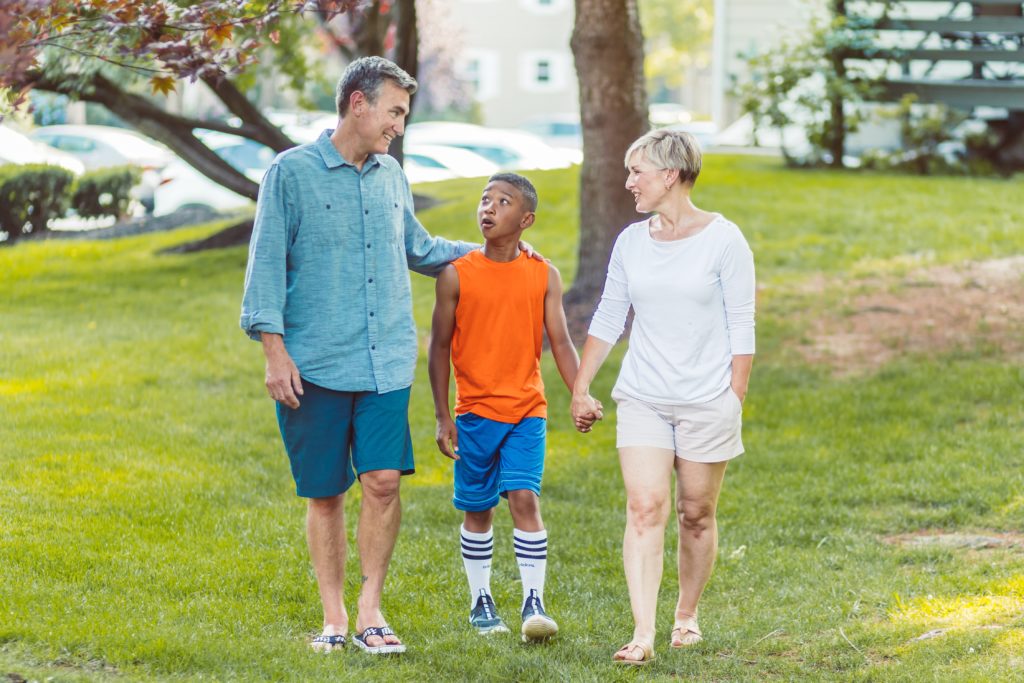 Since depression is a health condition, there is hope that young individuals can learn to manage the symptoms. The first step that parents, guardians, or loved ones must take is to provide care and compassion for youth with depression. Since adverse life events may be the cause of depression among young individuals, it’s important for their loved ones to be a source of strength during tough times.
Since depression is a health condition, there is hope that young individuals can learn to manage the symptoms. The first step that parents, guardians, or loved ones must take is to provide care and compassion for youth with depression. Since adverse life events may be the cause of depression among young individuals, it’s important for their loved ones to be a source of strength during tough times.
The next step is to seek appropriate treatment. To illustrate, AIM-funded postdoctoral fellow Dr. Marc Weibtraub found out that cognitive behavioral therapy (CBT) can be useful for adolescents experiencing severe depression. CBT teaches individuals to regulate their emotions, eliminate harmful thinking traps, as well as monitor their thoughts and behaviors, thus improving their symptoms. CBT is just one of the many solutions that can help youth get better after everything they’ve been through during the pandemic.
Children and adolescents are suffering from depression and related symptoms now more than ever. However, while depression can cause painful effects, it’s important to remember that recovery is possible. If you’re concerned your child may be suffering from depression, the best time to reach out and act is always now.
To help parents and other caring adults become part of the solution, AIM is offering Youth Mental Health First Aid training and certification. The 7-hour training helps adults identify, understand and respond to signs of mental health and substance use challenges among children and adolescents ages 12-18. You will learn:
- Common signs and symptoms of mental health challenges in this age group, including anxiety, depression, eating disorders and attention deficit hyperactive disorder (ADHD).
- Common signs and symptoms of substance use challenges.
- How to interact with a child or adolescent in crisis.
- How to connect the youth with help.
- Expanded content on trauma, substance use, self-care and the impact of social media and bullying.
___________________________________
Article contributed by Ruthie Jossen
Exclusively for AIM Youth Mental Health

